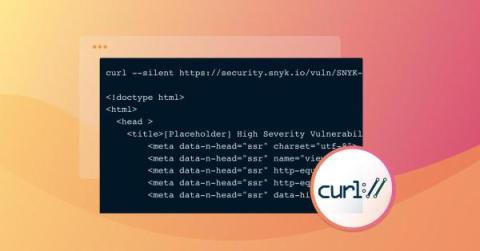Cisco VPN Zero-Day exploited by ransomware gangs (CVE-2023-20269) - Insights and best practices for defense Copy
In the tech security scene, we’re always on the lookout for new vulnerabilities, especially when they are already exploited in the wild. The latest zero-day CVE-2023-20269 is hitting Cisco’s Adaptive Security Appliance VPN features. The attack surface scan conducted by IONIX research on a sample of organizations indicates that 13% of these appliances are potentially vulnerable through at least one interface.











